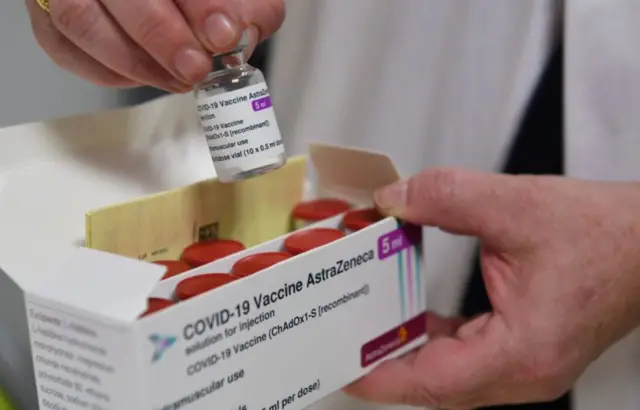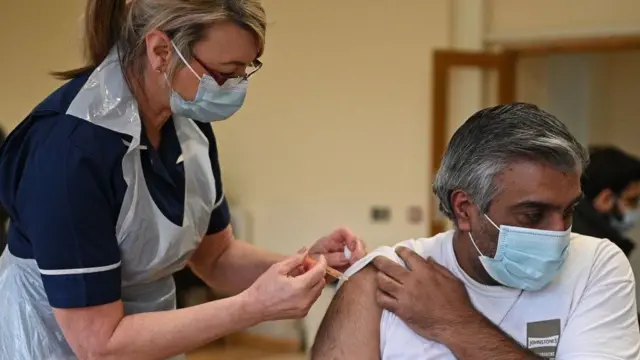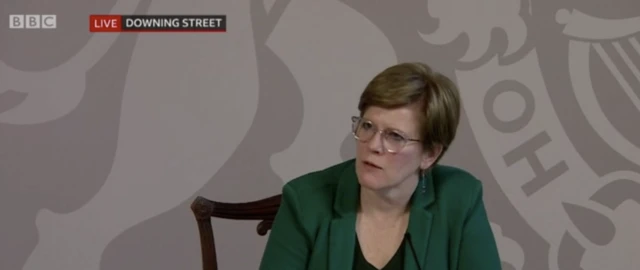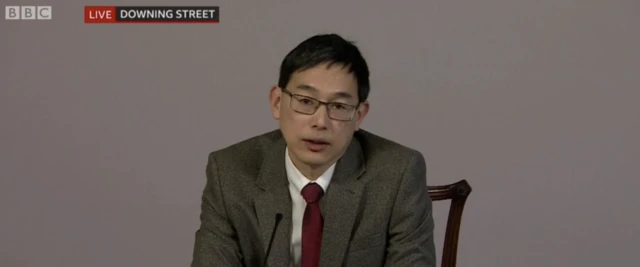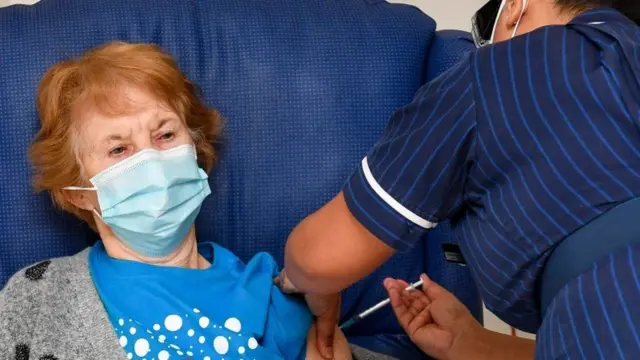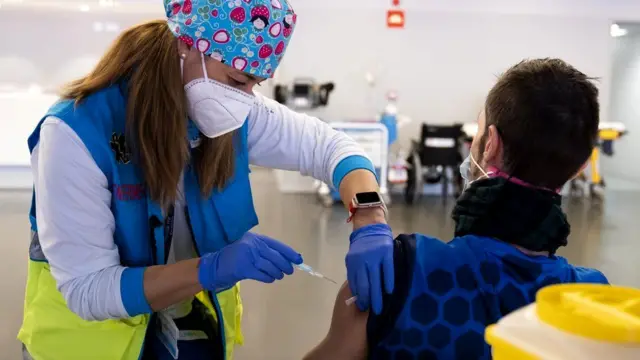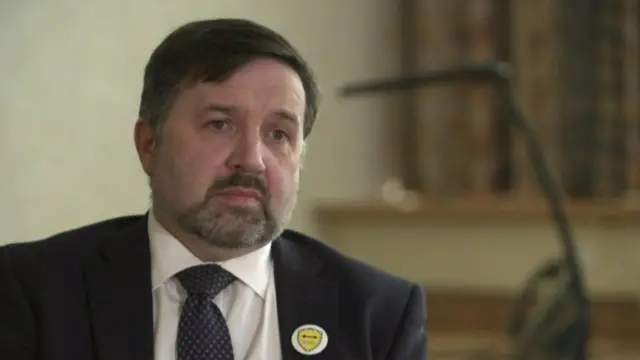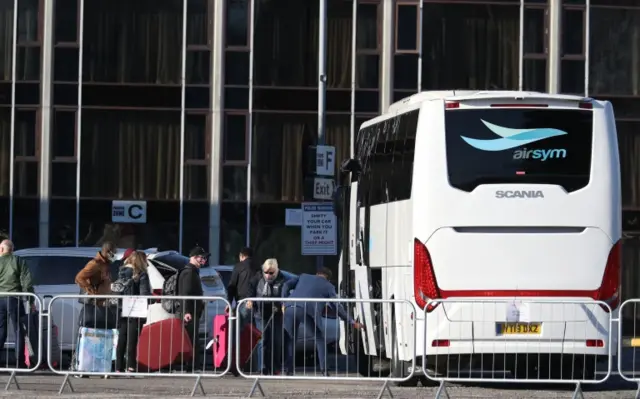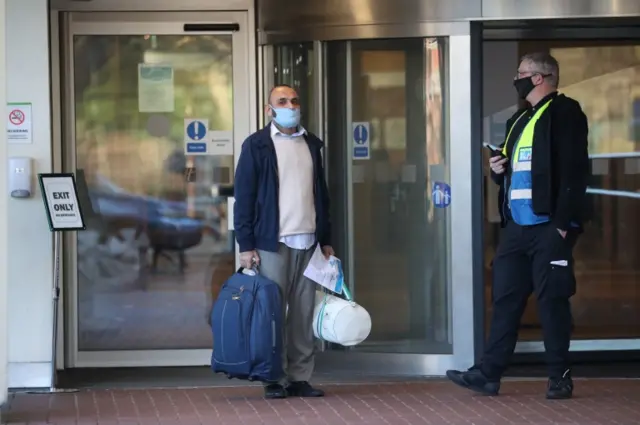Latest world headlinespublished at 11:58 GMT 26 February 2021
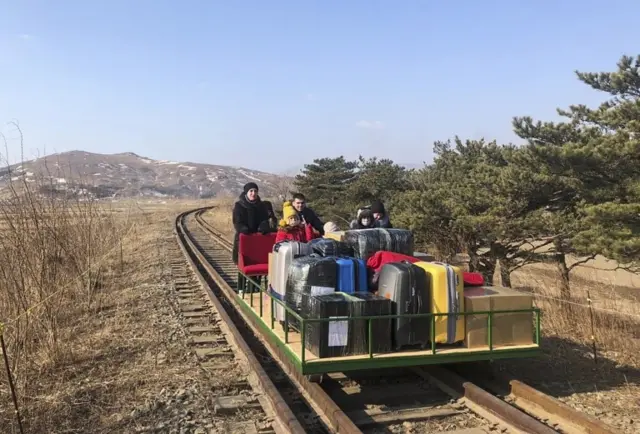 Image source, Handout via EPA
Image source, Handout via EPARussian diplomats leaving North Korea in an unusual way
And the headlines from further afield...
- The US Food and Drug Administration’s vaccine advisory panel will meet today to decide on whether to authorise a coronavirus jab made by Johnson & Johnson, having already concluded it is safe and effective
- The government in Vietnam say they will acquire 150 million doses of Covid-19 vaccines, through Covax and direct purchases after health officials approved use of Russia's Sputnik V vaccine and the Moderna vaccine
- A group of diplomats from Russia had to make an unusual exit out of North Korea by using a hand-pushed rail trolley due to strict coronavirus restrictions on travel in and out of the country
- A British man has been sentenced to two weeks in prison for breaking Singapore's quarantine rules
